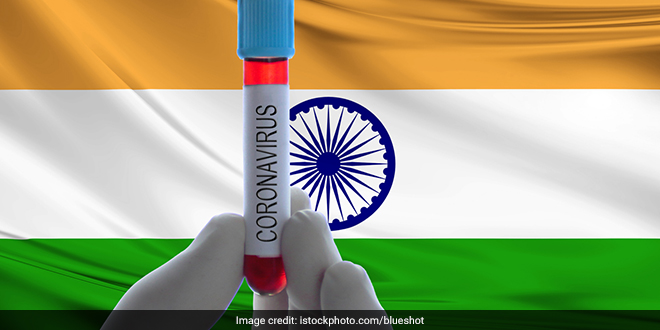Herd immunity in India? |
| The numbers are startlingly high across India: Nearly 30% of capital city New Delhi’s 16 million people have had the coronavirus; in the western city of Pune, more than 50% have had it in some of the most densely packed neighborhoods. In financial center Mumbai’s slums, nearly 60% show evidence of
infection and recovery. These results from a spate of recent serological surveys show levels of exposure higher than what’s been seen anywhere else in the world, and confirm what most experts have long suspected: India’s outbreak — the world’s third largest with over3 million confirmed cases — is much bigger than the official numbers show. But the data also suggests something more surprising: Enough people may have already developed resistance to the coronavirus in some places to cause a slowdown in spread. Herd immunity may have been achieved in some communities. The idea of herd immunity — when enough of a population has resistance to a pathogen to stymie further spread — through natural infection rather than vaccination is controversial, and not just because of the casualties such a strategy would create. Questions still remain over how long antibodies last, and whether re-infection or re-activation of the virus can occur after they fade. A health-care worker collects a swab sample from a migrant worker for Covid-19 rapid antigen testing at a temporary facility in New Delhi, India, on Tuesday.
|
Alex
Koordynator projektu




